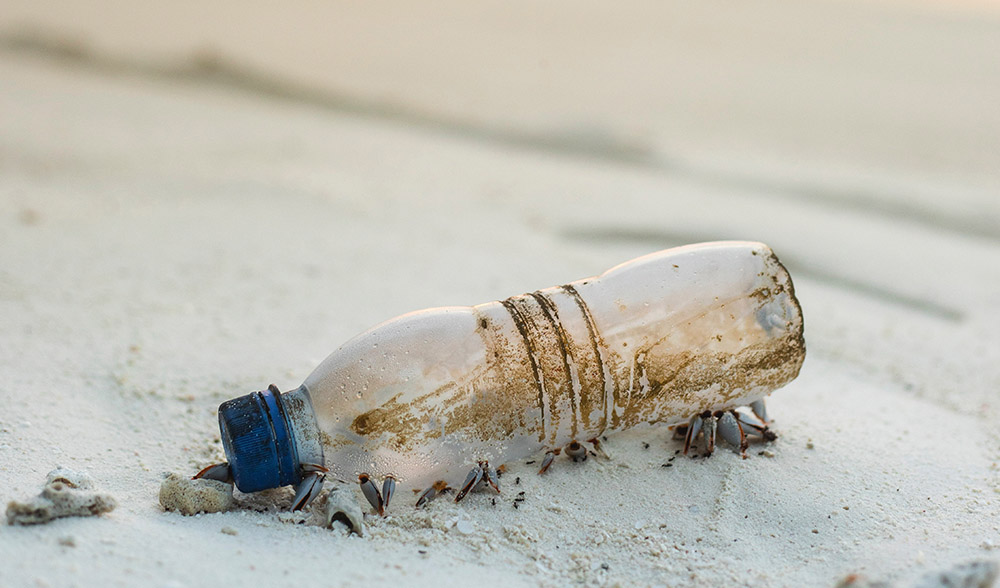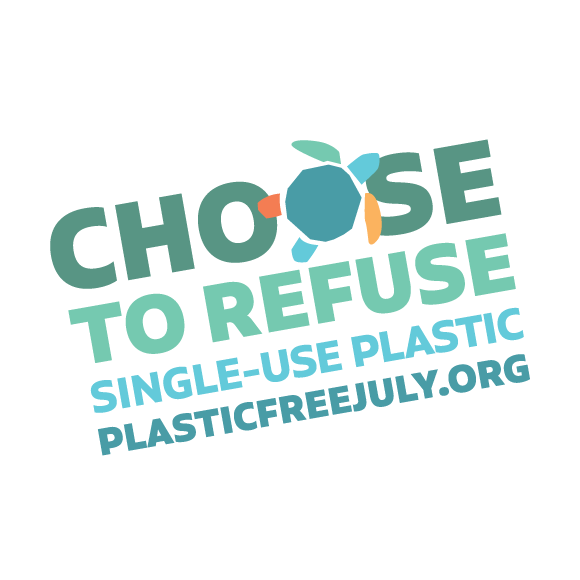
Today marks the start of Plastic-Free July, a challenge to reduce our dependence on single-use plastics.
I tend not to worry about my plastic consumption when I can throw those bottles and containers into the recycle bin. But what happens when the recycling system stops working? Plastic can feel like someone else’s problem, but with it affecting our oceans and local rivers, it’s relevant for all of us.
Why Plastic?
Standard plastic isn’t biodegradable, so once it’s made, it’s here to stay. And while those recycle signs on each container may help us feel good, they have a limited impact — most plastic that makes it into the recycling system can only be recycled once or twice.
Do Something
Being able to reduce plastic is a privilege, and there are financial, social, and medical barriers for many people. Plastic-Free July is about doing our best to change gradually from a plastic-dependent mindset. Some of us can make big life adjustments, but many of us will find that a few, small changes are what we can handle, and that’s okay.
Where to Start
PlasticFreeJuly.org recommends avoiding four items to reduce single-use plastic: bags, bottles, straws, and coffee cups. For me, the grocery store is an area where I need to reduce plastic waste. Switching soda bottles for cans and looking for brands that use paper packaging instead of plastic are two ways I make my grocery trips slightly more sustainable.
Take the Pledge
Help and accountability are key for any change. I joined the Nashville Zoo’s Plastic Free EcoChallenge Team, which allows the zoo to compete against organizations when community members complete plastic-free activities. PlasticFreeJuly.org is another great resource that offers a commitment pledge and sends weekly emails with tips for reducing plastic use.
The small actions of consumers can feel like tiny drops in the environmental bucket when compared to giant corporations, but I believe small efforts can create a deluge. Let’s have the courage to change what we can, when we can, for a better future.



